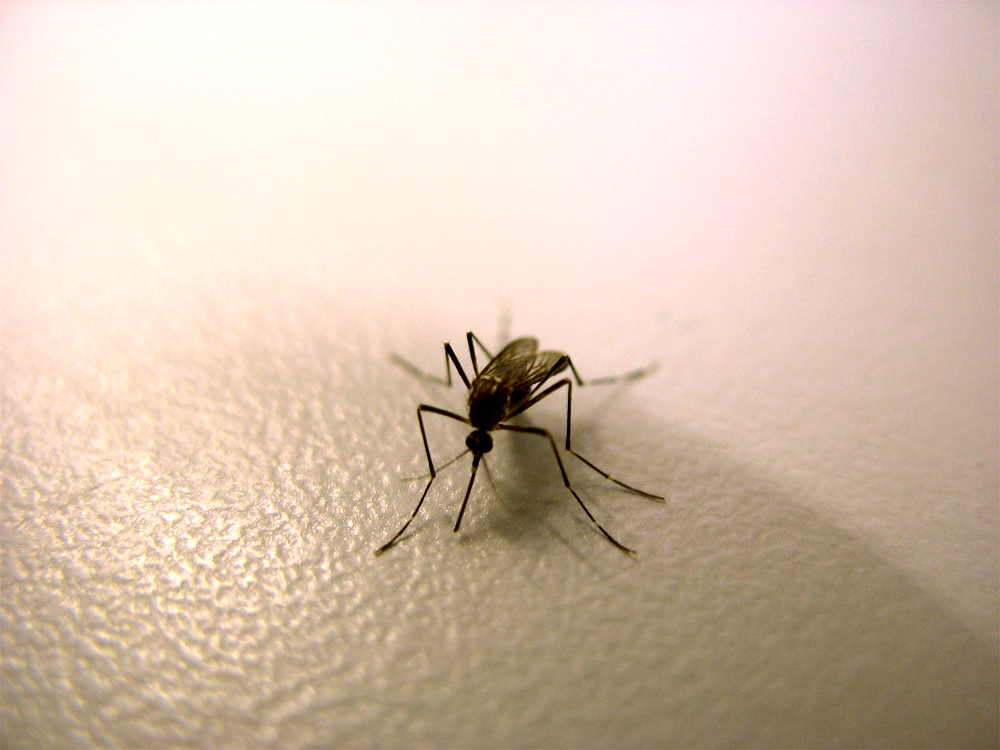TUESDAY, Feb. 2, 2016 (HealthDay News) — Only about four out of 10 U.S. babies aged 6 months to 23 months are getting vaccinated against the flu, federal health officials reported Tuesday.
Between the 2002-2003 and 2011-2012 flu seasons, the number of infants who received flu shots increased from just under 5 percent to almost 45 percent, according to a new study. However, that falls far short of the recommendation from the U.S. Centers for Disease Control and Prevention that children 6 months and older get a flu shot every year.
“While flu vaccination for children has gone up, there is still a long way to go to protect every child,” said study lead researcher Tammy Santibanez, an epidemiologist with CDC’s National Immunization Program.
“We also know that more effort needs to be put into encouraging black parents and children, and Hispanic parents and children to get the flu vaccine,” she said.
Flu is a serious and potentially life-threatening illness. Each year an average of 20,000 children under 5 years of age are hospitalized because of complications from the flu. During last year’s flu season, more than 140 children died from flu, the CDC said.
Depending on age and vaccination history, children need either one or two doses of vaccine to be fully protected. Some children 6 months through 8 years of age need two doses, including those being vaccinated for the first time, the CDC says. The agency recommends that you check with your doctor to see if your child needs two doses.
In the 10 flu seasons studied, black and Hispanic children had lower rates of vaccination than white children, Santibanez said. Complete vaccination coverage was higher among children who needed only one dose, compared with those requiring two doses.
In the 2011-2012 flu season, 49 percent of white children were vaccinated compared with 40 percent of Hispanic children and 35 percent of black children, the researchers found.
“Vaccination is the first and most important step parents can take to protect their family against the flu,” Santibanez said. Vaccination can reduce flu illnesses, doctor visits, and missed work and school, and also prevent flu-related hospitalizations, she added.
“Both parents and doctors can work together to do a better job at ensuring that children are fully vaccinated and protected against the flu,” she said.
The report was published online Feb. 2 in the journal Pediatrics.
For the study, Santibanez and colleagues used data from the National Immunization Survey to estimate influenza vaccination among children aged 6 to 23 months based on doctors’ reports.
Dr. Jefry Biehler, chairman of pediatrics at Nicklaus Children’s Hospital in Miami, said people need to realize that “influenza is a serious infection, especially in children that are high-risk because of other health conditions, and it can be serious even in children who are otherwise healthy.”
Biehler recently treated a young girl who nearly died from heart complications brought on by the flu. “The parents didn’t realize how serious the flu can be,” he said. “Many parents still believe that the flu is a bad cold and it’s nothing to worry about.”
It’s important for all members of the family to get their flu shot every year, Biehler said.
More information
For more about the flu, visit the U.S. Centers for Disease Control and Prevention.
Copyright © 2026 HealthDay. All rights reserved.

